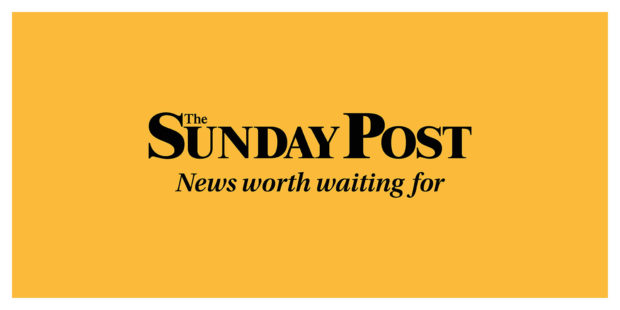
Jackie Johnston is not alone.
She is not alone in desperately trying to ensure Scotland’s hospices survive the financial blows inflicted by Covid. And the fundraising manager at Strathcarron Hospice is not alone in suspecting one of the cruellest of those blows is that so many erstwhile supporters now give to NHS charities instead after public support surged during lockdown.
She is also far from being alone in suggesting this pandemic has cast a withering light on how this country funds palliative care, telling us today: “Never in a million years did I think the NHS would become a competitor in terms of fundraising. Donations to NHS charities have gone off the scale and we had to go out very strongly with the message that this is fabulous but we are not part of the NHS.
“There’s only a limited amount of money to go round so that was quite sore. It made me question a lot of things, like why are we relying on people running marathons to provide specialist palliative care? It seems crazy.”
Crazy? Absolutely. Deplorable? That too. For those lucky enough not to have had loved ones in need of hospice support, these centres of care, compassion and expertise have helped countless families navigate harrowing, heartsore times. For those unlucky enough to have, the appreciation of their work and care is pretty much boundless.
Why they must rely on tireless, imaginative fundraising to maintain these crucial services is beyond comprehension at any time. During a global pandemic, when everything from marathons to black tie dinners have been halted, it is beyond surreal. When donations once given to hospices, are now being thrown into the bunnet of the NHS, it is beyond cruel.
The charities supporting the NHS do good work. Most endeavour to raise money for equipment and services which, while important, may not be at the top of our health boards’ spending priorities.
But, and it is a big but, our NHS is not a charity. It should never be seen as a charity and encouraging a belief that it is a charity also encourages the notion that the current funding model is unsustainable. That is a dangerous notion to encourage.
Our national health service provides universal cradle-to-grave care and is paid for by our taxes. If it needs more money, we should pay more taxes, not sponsor a big-hearted team of Ben Nevis piano pushers.
While we are talking about cradle to grave, our hospices provide care which is every bit as specialist and important as our maternity units, so why on earth are they still forced to live hand to mouth, scratching around to cover operating costs?
During this pandemic, Scotland’s hospices should be given every possible support by the Scottish Government without a moment’s hesitation. Afterwards? Well, our society will be transformed utterly.
So, afterwards, our hospices should be given acclaim, recognition and, most importantly, secure funding. It could not be more deserved.

Enjoy the convenience of having The Sunday Post delivered as a digital ePaper straight to your smartphone, tablet or computer.
Subscribe for only £5.49 a month and enjoy all the benefits of the printed paper as a digital replica.
Subscribe